6230 Sunset Blvd. Los Angeles, CA 90028 | map |
The Earl Carroll pages: history + exterior views | lobby areas | auditorium | stage | stage basement | sceneshop | ephemera |
Many, many pages of various programs beginning with the Earl Carroll presentations and running into the 1980s ("Hair," "Purlie") are included in the 2016 Cultural Heritage Commission Final Report. It's a 498 page pdf from the L.A. Department of City Planning. You'll probably want to skip the beginning. There are some vintage postcards beginning on page 125 and the program collection starts on page 129.
Pages detailing the wonders of the theatre from one of the programs.
A souvenir photo folder. Like many nightclubs, the Earl Carroll sold photos to the happy couples attending the shows. This view of the cover of a 40s folder which contained the souvenir photograph comes from Marlaine Hysell's collection.
Inside the souvenir photo folder: "This photograph is a souvenir of a breathtaking visit to the Earl Carroll Theatre Restaurant in Hollywood. Yes, Earl Carroll IS an international celebrity..." The text declares him "America's premiere authority of feminine beauty." You can, of course, click on the image for a larger view. Thanks Marlaine! Also see: photo of the group | rear of the folder
A souvenir photograph at the theatre from the collection of Amy Kono.
The mailing envelope for the photo. Thanks for sharing this, Amy!
"Never a Cover Charge." Thanks to StrikerChick for posting this image of an Earl Carroll matchbook on Flickr. It's one of 84 items in her lovely L.A. matchbook collection. Eric Lynxwiler also has an image on Flickr of the Earl Carroll matchbook that's in his collection.
And, of course, there were even Earl Carroll Theatre playing cards. This one's a two of spades from the collection of Sharon Sekhon of the Studio for Southern California History.
The stars' autographs from the plaques on the facade were replicated on souvenir glasses that you could purchase. Thanks to Mike Hume for this October 2017 photo of some that were on display at an open house at the theatre.
Thanks to Paul Greenstein for sharing this shot of a souvenir in his collection. Dydia DeLyser and Mr. Greenstein are the authors of the 2021 book "Neon: A Light History." They've been researching the theatre as part of the exterior restoration project.
A lobby card from the 1940 film "A Night at Earl Carroll's"
The theatre was open for afternoon food service. This menu was used during the run of the show titled "Earl Carroll's Sketchbook." Thanks to Eric Lynxwiler for sharing the four images of this menu from his collection on Flickr.
A message in the menu from Earl.
More menu items.
Scenes from "Sketchbook." Thanks, Eric! With co-author Tom Zimmerman, he's responsible for the Angel City Press book "Spectacular Illumination: Neon Los Angeles 1925-1965." Also see his 2016 book "Signs of Life: Los Angeles is the City of Neon."
Around
1940 Tru-Vue created a filmstrip #1303 called "Back Stage at Earl
Carroll's." Tru-Vue was around before Viewmaster and produced 3-D black
and white images. Thanks to Gene Mitofsky for the photos of the strip
that's in his collection.
Several
frames from the Earl Carroll Strip. There are two intervening frames
between the left and right eye images, spaced to be seen with the two
lenses of the special Tru-Vue viewer. In this image frames 2 and 5 are
the left and right versions of the same shot. On this strip there are a
total of 15 image pairs. Photo: Gene Mitofsky
The Tru-Vue viewer. The film went through horizontally. Photo: Gene Mitofsky
This and the following images are from the Tru-View strip in the Gene Mitofsky collection.
Note that this shot and the four below weren't actually shot at the theatre. Perhaps it was a nearby radio studio. Note that we can see a control room offstage right.
Many thanks
to Gene Mitofsky for his photos and information about the Tru-Vue format.
The Earl Carroll Beauty Chart. It's from the collection of Jack Priest, one of many items from a scrapbook he acquired that he shared in an Instagram post. Thanks to Martin Turnbull for spotting the post and sharing this one image on his Garden of Allah Facebook page.
Thanks to Linda Lindley for this 1947 shot of her maternal grandfather Max Thompson at the theatre. She comments: "He
was mugging for the camera. My grandfather and the man bottom center
were both deaf and communicated in American Sign Language. Back then
before all the technology we have today, the deaf community would go to
LA venues in groups, or hang out at the LA Club for the Deaf."
Thanks to StrikerChick for sharing this image of a Moulin Rouge matchbook from her collection.
The folder from the Moulin Rouge for souvenir photos. Thanks to Dave Weisbart for sharing this. He added it as a comment to a 2023 post about the theatre by Pam Petronio on the Lost Angeles Facebook group.
The c.1955 photo of Dave Weisbart's parents, aunt and uncle. Thanks, Dave!
The cover of the mid-1950s program for the Moulin Rouge show "Tous les Soirs." The program was offered for sale on eBay.
A collage of celebrity photos in the "Tous les Soirs" program. Also see the "Frank Sennes - Fun For Everyone" page and a page about the "Showplace of the World."
Showgirl shots in the "Tous les Soirs" program.
A two page layout in the "Tous les Soirs" program featuring the finale of the 1953-54 show "Voici! Paris!"
The back cover of the "Tous les Soirs" program.
Thanks to J.J. Englander for adding this December 1965 Hullabaloo flyer from The
Beat as a comment to a post about the theatre by Pam Petronio on the Lost Angeles Facebook group. It's from the Adsausage archives. Also see a flyer for the December 1965 grand opening.
Grateful Dead, Jefferson Airplane and Canned Heat. It's a Kaleidoscope poster from April 14 and 15, 1967. Thanks to Bob Seki for sharing it as a comment on Nick Ebsen's post on the Facebook group Lost Angeles.
Jefferson Airplane, Canned Heat and Fever Tree appearing March 22 and 23, 1968. Thanks to Ledge Musselman for sharing this shot of the poster in his collection on Lost Angeles.
The Youngbloods, Spirit and Genesis appearing April 5, 6 and 7, 1968. Thanks to Helen Richardson for sharing this image as a comment on the Facebook group Lost Angeles.
An April 12, 13 and 14 1st Anniversary flyer from Adsausage Archives. They comment:
"Founders Skip Taylor, Gary Essert and John Hartman opened the club in March of that year. The
proprietors originally set up shop on Vine Street (the former Steve Allen Playhouse) in Hollywood. A dispute with the building owner forced
them to bounce around a bit until settling on the former site of the Moulin Rouge/Hullabaloo. For a time, Canned Heat were the house band (the band was managed by Taylor). The
club was all ages but 18 and over to dance. Admission was $2 or $3 on
weekends. Soft drinks and refreshments from 10 cents. Live entertainment
stopped at 2AM and movies were shown until closing at 3:30AM.
"Film
was a big part of the venue, hosting the Los Angeles Film Study
Conference. In July of 1968, the venue hosted the second Quasi-Annual
Film Orgy, which ran for 77 hours. The
Kaleidoscope was the setting for radio station KPPC's benefit concert
in April. Among the bands to play were: Pacific Gas and Electric, Bo
Diddley, the Collectors, Canned Heat, the Committee and the Doors. Papers
reported that Jim Morrison delivered his lengthy poem, 'Celebration of
the Lizard,' resulting in several females in the audience to pass out.
Not sure if the same reaction occurred a year later when Morrison
allegedly exposed himself at a Miami concert.
"By late 1968, Kaleidoscope was nearing the end and the building was morphing into its next venture, the Aquarius Theatre. Essert,
a former technical coordinator at the American Film Institute, formed
the Los Angeles International Film Expo (FILMEX) which bowed in 1971."
Them, The Incredible String Band and Sons of Champlin appeared May 24 and 25, 1968. Thanks to Ledge Musselman for sharing this shot of his poster as a comment on the Facebook group Lost Angeles.
A Free Press ad for Iron Butterfly, Life, and Things To Come, appearing at the Kaleidoscope on May 31 and June 1, 1968. Thanks to Barry Hayden for sharing this as a comment on the Facebook group Lost Angeles.
The Earl Carroll Theatre pages: history + exterior views | lobby areas | auditorium | stage | stage basement | sceneshop | back to top - ephemera |
| Hollywood Theatres: overview and alphabetical lists | Hollywood Theatres: list by address | Westside theatres | Westwood and Brentwood | Along the Coast | Downtown | [more] Los Angeles movie palaces | L.A. Theatres: main alphabetical list | L.A. Theatres: list by address | theatre history resources | film and theatre tech resources | contact info | welcome and site navigation guide |
| Hollywood Theatres: overview and alphabetical lists | Hollywood Theatres: list by address | Westside theatres | Westwood and Brentwood | Along the Coast | Downtown | [more] Los Angeles movie palaces | L.A. Theatres: main alphabetical list | L.A. Theatres: list by address | theatre history resources | film and theatre tech resources | contact info | welcome and site navigation guide |


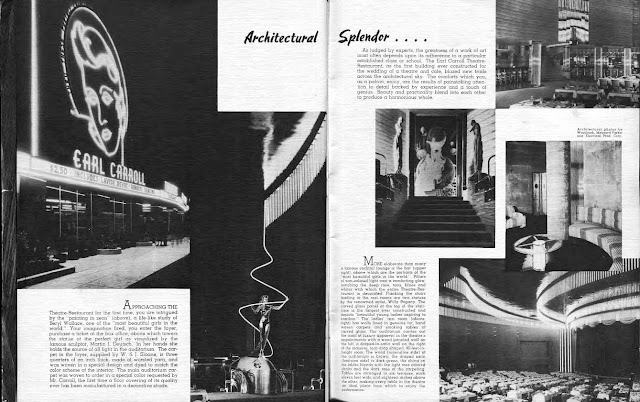






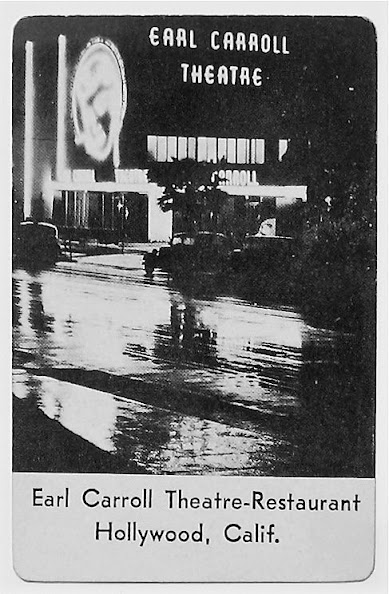



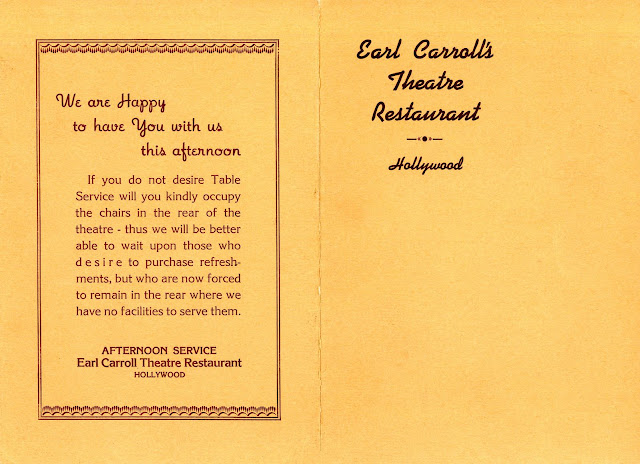











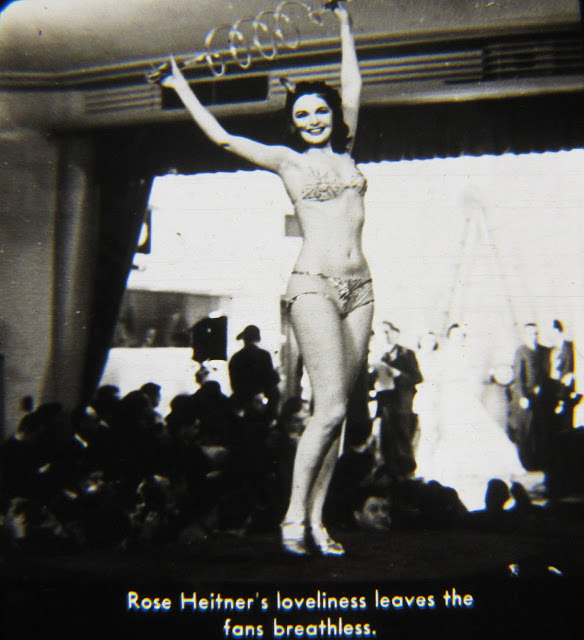








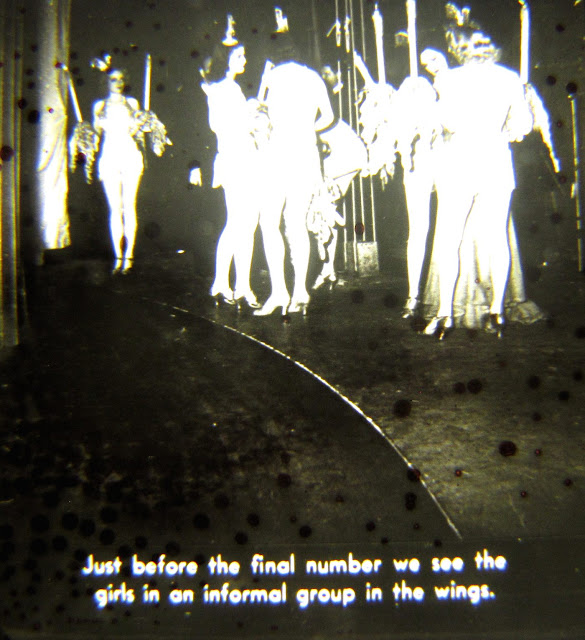
















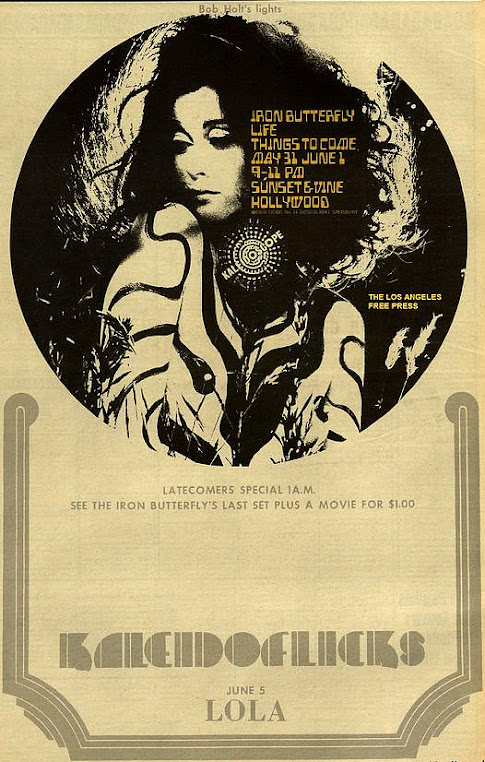
No comments:
Post a Comment